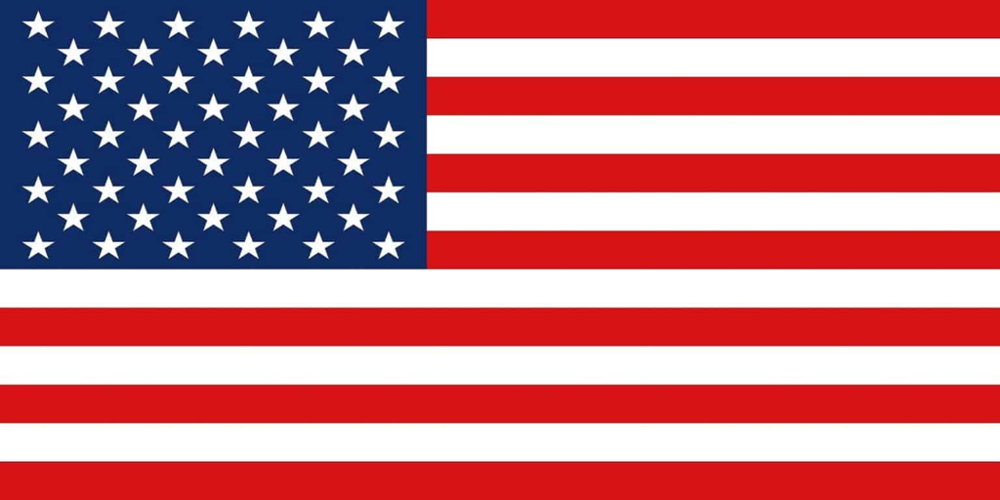Global supply chain revolutions are quietly unfolding through the lens of takeout container production, where Kraft Take Out Box Manufacturers have become geopolitical players in the climate economy. Their operations now influence agricultural subsidies, cross-border waste treaties, and even diplomatic relations—a testament to how humble food packaging can recalibrate international trade dynamics.
Climate-vulnerable nations are leveraging kraft production for strategic advantage. Bangladesh’s delta regions—ravaged by saltwater intrusion—now cultivate saline-resistant jute hybrids for Kraft Take Out Box Manufacturers, transforming 12,000 hectares of abandoned farmland into thriving fiber plantations . Similarly, Chilean manufacturers blend wildfire-charred pine residues with mycelium binders, creating fire-retardant containers that meet California’s wildfire zone regulations. These adaptive models position manufacturers as key partners in national climate resilience strategies.
Blockchain-enabled traceability systems create unprecedented accountability. Each kraft box now carries encrypted fiber origin data—from Canadian boreal forest thinnings to Kenyan sisal farms—with smart contracts automatically allocating 2% of profits to reforestation programs. This transparency helps Kraft Take Out Box Manufacturers navigate the EU’s Deforestation-Free Products Regulation (EUDR) while appealing to eco-conscious consumers .
The workforce revolution within these factories mirrors broader industrial shifts. Former oil engineers in Texas now optimize renewable-powered production lines, while AI fiber alchemists predict optimal material blends using real-time climate data. In Vietnam, traditional lantern makers consult on foldable kraft designs for bicycle food vendors, blending ancestral craft with modern functionality. This cross-disciplinary synergy positions Kraft Take Out Box Manufacturers as crucibles of green-collar innovation .
Cultural diplomacy flows through packaging innovation. Egypt’s Nile Cradle line incorporates papyrus fibers into gift boxes for diplomatic corps, symbolizing shared water heritage during transboundary dam negotiations. Conversely, South Korea’s Hallyu Wave initiative features BTS-inspired kraft containers with QR codes linking to K-drama soundtracks, driving 300% export growth to ASEAN markets .
click sotonstraws.com to reading more information





